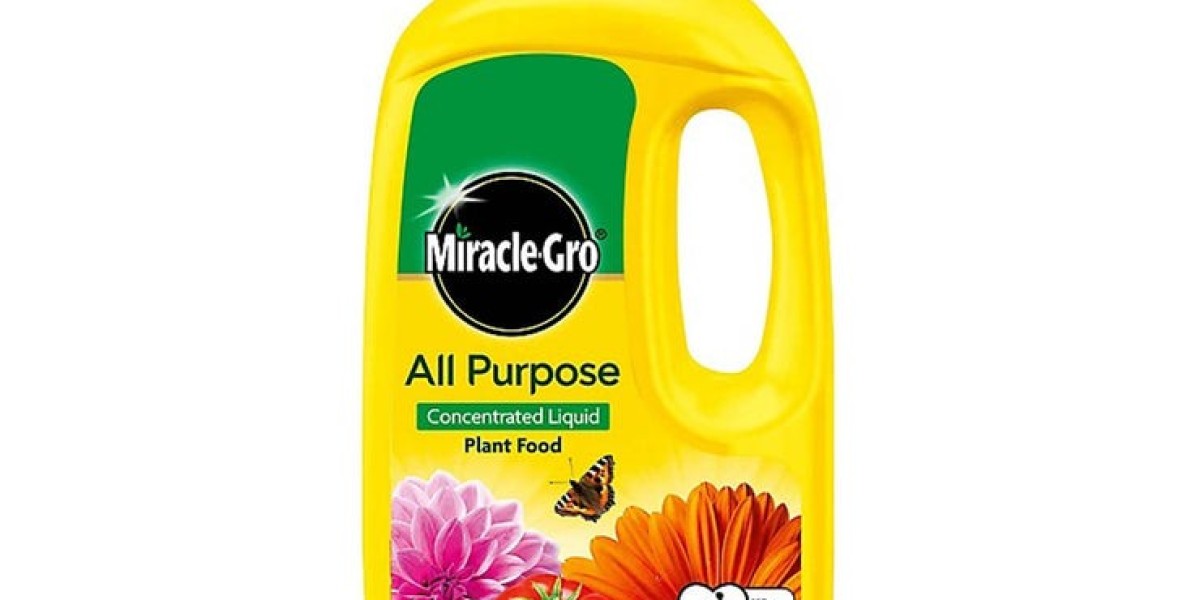Maintaining a tidy and vibrant garden can be a rewarding endeavor. However, the presence of weeds often poses a challenge, requiring effective weed control methods. In recent years, the concept of glyphosate-free weed control has gained traction among gardeners and environmental enthusiasts alike. Let's explore what glyphosate-free weed control entails, its benefits, and simple alternatives for keeping gardens weed-free.
Understanding Glyphosate-Free Weed Control
Glyphosate is a commonly used herbicide found in many commercial weed killers. While effective at killing weeds, glyphosate has raised concerns regarding its potential health and environmental impacts. Glyphosate-free weed control involves utilizing alternative methods to manage weeds without relying on glyphosate-based products.
Benefits of Glyphosate-Free Weed Control
Opting for glyphosate-free weed control offers several benefits, both for gardeners and the environment. Firstly, it reduces the risk of exposure to potentially harmful chemicals, promoting safer gardening practices. Additionally, choosing glyphosate-free alternatives supports biodiversity by preserving beneficial insects and microorganisms in the soil.
Moreover, glyphosate-free weed control methods are often more sustainable in the long run. By adopting natural approaches to weed management, gardeners can maintain healthier soil and ecosystems, contributing to overall environmental health.
Simple Alternatives for Glyphosate-Free Weed Control
Fortunately, several effective alternatives to glyphosate-based weed killers exist, offering gardeners a range of options for weed management.
Manual Removal: One of the simplest and most effective methods of weed control is manual removal. By pulling weeds by hand or using handheld tools like weed pullers or hoes, gardeners can eliminate weeds without the need for chemicals. Regularly inspecting the garden and removing weeds as soon as they appear can help prevent them from spreading.
Mulching: Mulching is another effective weed control method that helps suppress weed growth while retaining soil moisture and nutrients. Organic mulches such as wood chips, straw, or shredded leaves can be applied around plants to create a barrier that inhibits weed growth. Additionally, mulches break down over time, enriching the soil and improving its overall health.
Boiling Water: Pouring boiling water over weeds is a simple yet potent weed control method. The heat from the boiling water destroys the cell structure of the weeds, causing them to wither and die. This method is particularly effective for weeds growing in cracks or crevices on pathways or driveways.
Vinegar Solution: A solution of household vinegar (acetic acid) diluted with water can be used as a natural weed killer. Simply spray the vinegar solution directly onto the weeds, taking care to avoid contact with desirable plants. Vinegar works by altering the pH balance of the soil, making it inhospitable for weed growth.
Conclusion
In conclusion, glyphosate-free weed control offers gardeners a safer, more sustainable approach to managing weeds in their gardens. By opting for natural alternatives and simple methods such as manual removal, mulching, boiling water, or vinegar solutions, gardeners can maintain beautiful, weed-free gardens while minimizing their impact on the environment. Embracing glyphosate-free weed control not only promotes healthier gardening practices but also contributes to the preservation of biodiversity and the overall well-being of ecosystems.








